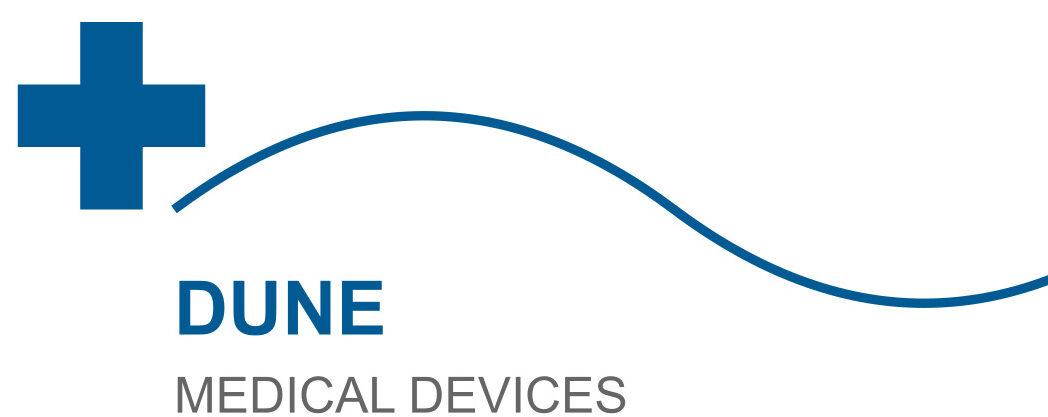Sleep & Anti-Aging: How Rest Affects Aging
Quality sleep is a cornerstone of health and vitality, playing a crucial role in maintaining youthful skin and overall well-being. In this guide, we explore the science behind sleep and aging, offering insights into how proper rest can slow down the aging process.
The Science of Sleep and Aging
Sleep is a restorative process that allows the body to repair cells, balance hormones, and remove toxins. During deep sleep, growth hormone production increases, aiding in tissue repair and collagen synthesis—key factors in maintaining skin elasticity and reducing wrinkles.
Chronic sleep deprivation, on the other hand, accelerates aging by increasing oxidative stress and inflammation. Studies show that poor sleep quality is linked to premature skin aging, dark circles, and a weakened skin barrier.
How Sleep Benefits Your Skin
Adequate rest supports skin health in multiple ways:
- Boosts Collagen Production: Deep sleep stimulates collagen, reducing fine lines.
- Enhances Blood Flow: Improved circulation delivers nutrients for a glowing complexion.
- Reduces Puffiness & Dark Circles: Proper rest minimizes fluid retention and under-eye discoloration.
Additionally, sleep helps regulate cortisol levels, preventing stress-related breakouts and dryness.
Tips for Anti-Aging Sleep Habits
To maximize the anti-aging benefits of sleep, adopt these practices:
| Habit | Benefit |
|---|---|
| Consistent Sleep Schedule | Regulates circadian rhythm for better skin repair. |
| Silk Pillowcases | Reduces friction, preventing sleep wrinkles. |
| Nighttime Skincare Routine | Enhances absorption of anti-aging products. |
Avoiding screens before bed and keeping the bedroom cool can also improve sleep quality.
Sleep Disorders and Premature Aging
Conditions like insomnia or sleep apnea disrupt restorative sleep cycles, leading to accelerated aging. Symptoms include:
- Dull, dehydrated skin
- Increased inflammation
- Higher susceptibility to UV damage
If you suspect a sleep disorder, consult a healthcare professional to address underlying issues.
FAQ: Sleep and Anti-Aging
How many hours of sleep are needed for anti-aging?
7-9 hours per night is ideal for cellular repair and collagen production.
Does sleep position affect skin aging?
Yes, sleeping on your back prevents “sleep wrinkles” caused by facial compression.
Can naps replace nighttime sleep for anti-aging?
While naps help, deep sleep cycles at night are irreplaceable for skin regeneration.
Prioritizing sleep is one of the most effective—and underrated—anti-aging strategies. By adopting healthy sleep habits, you can enhance your skin’s resilience and maintain a youthful appearance naturally.
“`

